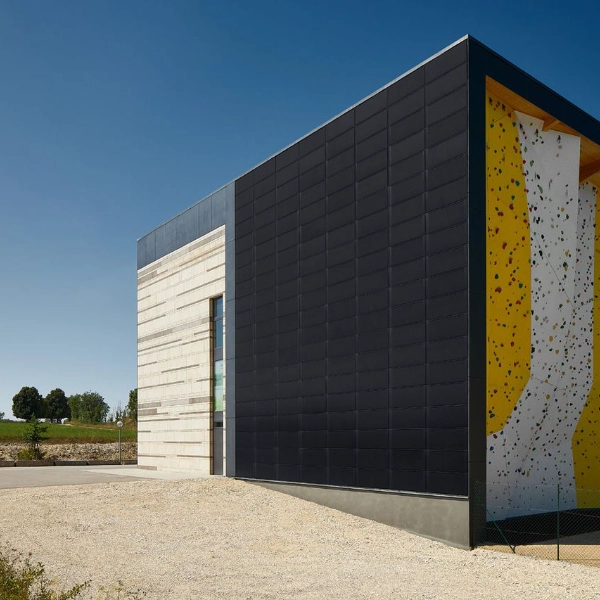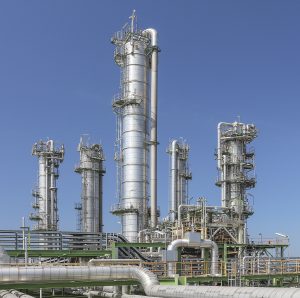In today's era of globalization, Liberalisation and Globalisation are two concepts that are often mentioned. Although they are related to each other to some extent, they represent different concepts and practices. In this article, we will delve into the differences between these two concepts and their impact on economics, politics, and society.
First of all, Liberalisation refers to countries or regions relaxing trade restrictions and controls by reducing intervention in the economy and markets to promote economic liberalization and market competition. This process typically involves lowering tariffs, removing trade barriers, easing restrictions on foreign investment, etc. The goal of Liberalisation is to encourage the free flow of markets, improve economic efficiency and create more opportunities for businesses and consumers.
In contrast, Globalisation refers to the interconnections and interactions between different countries, regions and economies on a global scale. It involves the transnational flow of goods, capital, people and information, as well as the existence and operations of multinational corporations. The core concept of Globalisation is to promote global cooperation, exchange and interdependence to achieve common economic growth and development.
Although Liberalisation and Globalisation are related to each other to some extent, their focus and goals are different. Liberalisation focuses more on the liberalization of the economy and markets, emphasizing the role and efficiency of market mechanisms. Globalisation is more comprehensive, covering the interconnections and influences in multiple fields such as economy, politics, society and culture.
In practice, Liberalisation and Globalisation often reinforce each other. The advancement of Liberalisation can provide a more open and competitive market environment for Globalisation and promote the development of multinational companies and the formation of global value chains. The deepening of Globalisation can provide a broader market and more opportunities for Liberalisation and promote economic growth and innovation.
To sum up, although Liberalisation and Globalisation have certain overlap and mutual influence, they represent different concepts and practices. Liberalisation emphasizes the liberalization of economies and markets, while Globalisation is more comprehensive, covering global connections and interactions in multiple areas. Understanding the difference between these two concepts is critical to our understanding of the economic and political landscape of today's world and the impact of globalization.










+ There are no comments
Add yours